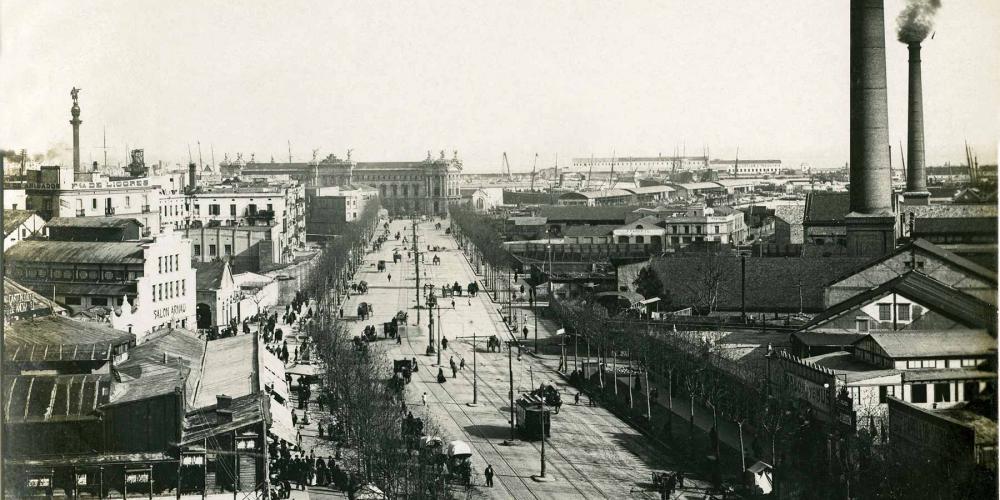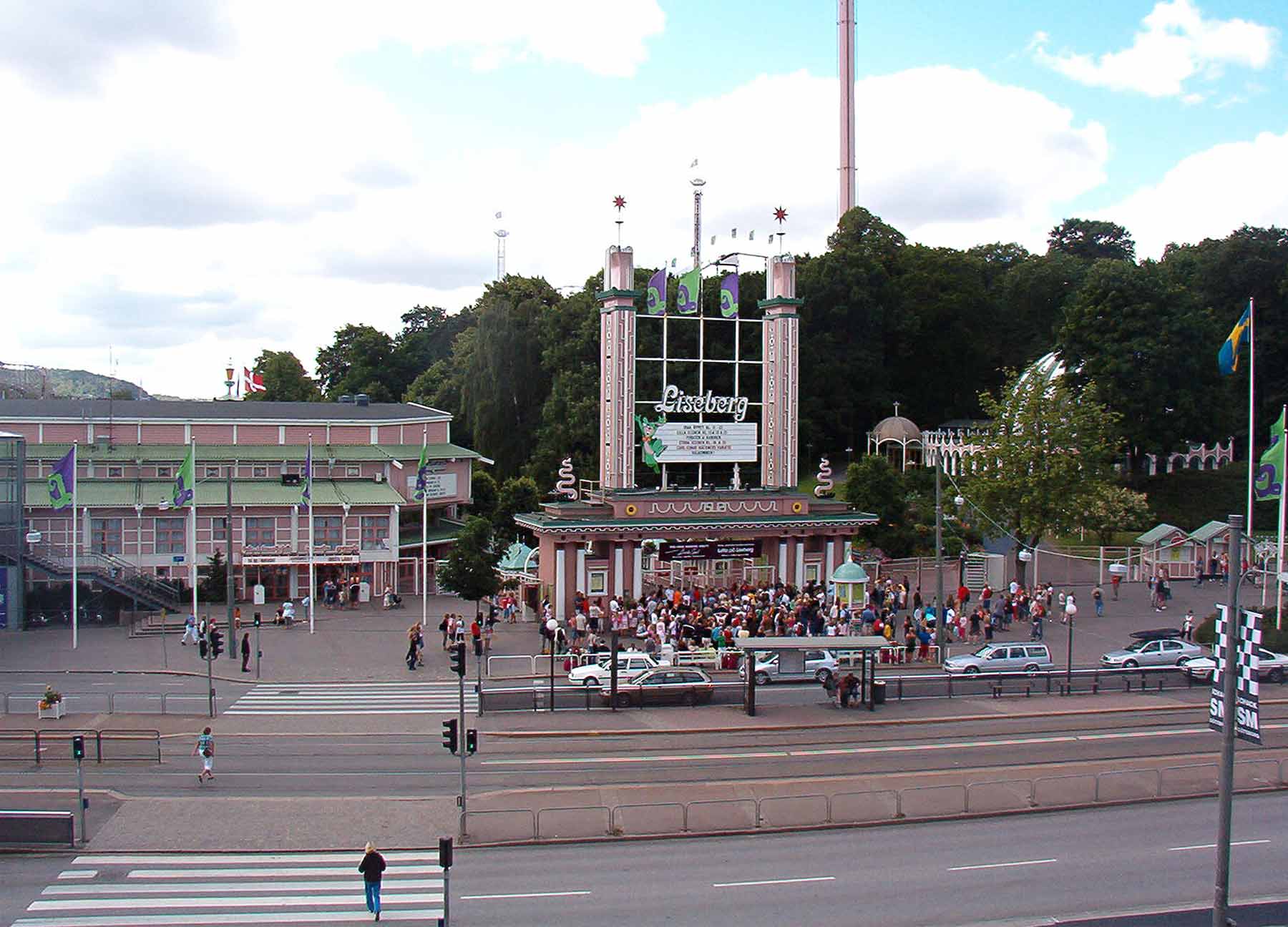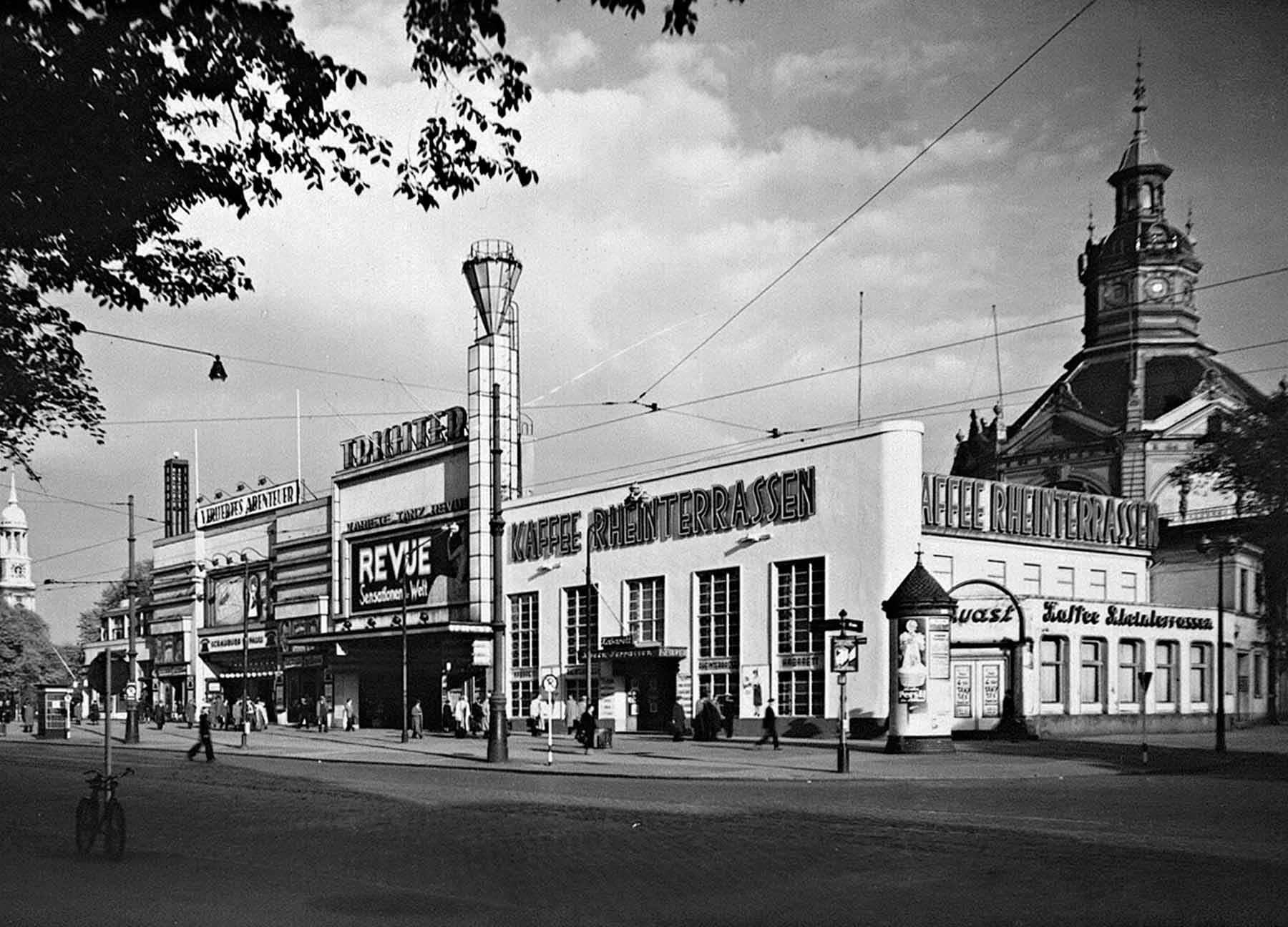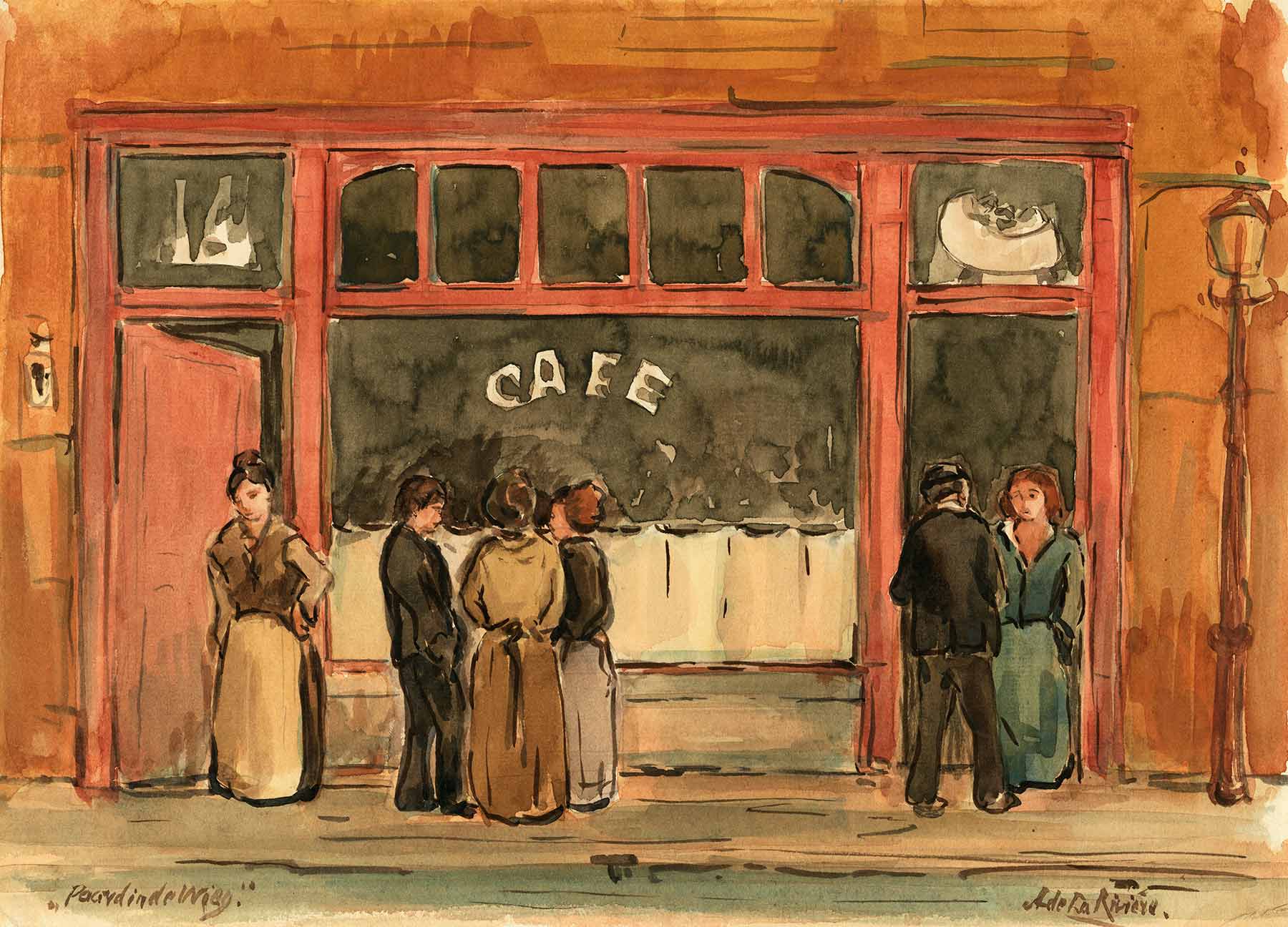
Pleasurescapes. Port Cities’ Transnational Forces of Integration
Pleasurescapes is a Humanities-led collaborative research project that explores the relations between public spaces, culture and integration by means of popular culture. We ask for the ways how public pleasurescapes in European port cities have unfolded cultural and social forces of integration in the past and present and thereby fostered traits of modern European urban practices.
Where people have fun, encounter happens. Where encounters take place, change begins. Are pleasurescapes in port cities Europe’s true driving forces after all? Public spaces of entertainment in European port cities, which we name “pleasurescapes”, mirror traits of European urbanization in an extraordinary way: They are transnational microcosms, representing conformity and rebellion at the same time. They are public zones of encounter and melting pot for divergent classes, cultures and religions. In studying the past and present of European port cities’ pleasurescapes, we gain insights into Europe’s cultural pluralism and its exchange of knowledge, material, technologies, and practices.
Four cities and their pleasurescapes are of special interest for us and will be researched empirically: Hamburg (DE), Rotterdam (NL), Barcelona (ES) and Gothenburg (SE). Despite their national differences, they show intriguing transnational convergence. Therefore, our project will reveal the fundamental societal importance of pleasure culture – a to date underestimated factor for societal integration, innovation processes and cultural industries.
Pleasurescapes brings together researchers with museum curators, stakeholders of cultural industries and NGOs. First, we will establish an open access online database, which simultaneously documents and delivers data into the open public space as well as to museum stakeholders. In effect, we create a touring exhibition with accompanying catalogue, and a theatre production, which both will target multiple audiences. To reach these goals, the project team will hold workshops, join the HERA meetings, launch a project website and establish digital work space for their interdisciplinary research.
Prof. Dr. Lisa Kosok
Project Leader
HafenCity University Hamburg
Germany


